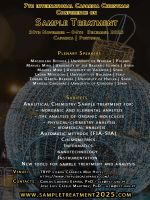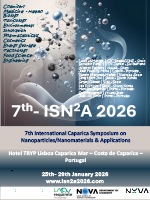Organelle proteomics in skeletal muscle biology
DOI: 10.5584/jiomics.v2i2.111
Abstract
The cell biological profile of skeletal muscle tissues is highly complex and variable due to the molecular heterogeneity and cellular plasticity of contractile fibres and their supportive structures. Mass spectrometry-based proteomics has been used to study global changes in muscle during maturation, differentiation and physiological adaptations, as well as following pathological insults. However, due to the dynamic protein expression range of contractile cells, the findings from large-scale biochemical surveys of crude tissue extracts were limited to mostly soluble and abundant protein species. To overcome this technical problem, organelle proteomics was applied to study distinct subcellular fractions from skeletal muscle preparations. Tissue pre-fractionation procedures significantly reduce sample complexity and thus allow a more comprehensive cataloging of highly complex protein mixtures. This article reviews the impact of recent subproteomic studies of skeletal muscle and discusses findings from changes in the proteome of mitochondria, surface membranes, sarcoplasmic reticulum, cytosol and the contractile apparatus in normal, transforming and pathological muscle.









